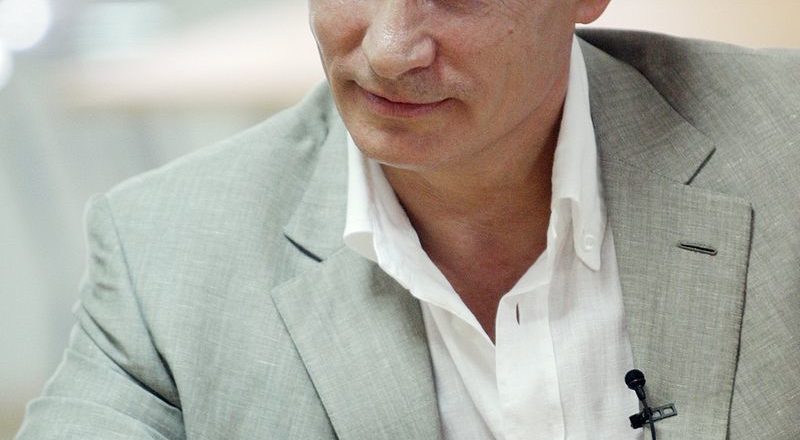A nation must think before it acts.
Moscow just can’t catch a break. Last month, the Kremlin was shifting the discussion on Ukraine away from Russia’s involvement towards Ukraine’s noncompliance with the Minsk Accords, and preliminary discussions were underway among European Union ministers to examine whether the sanctions imposed on Russia might be open to modification or suspension. In Syria, Secretary of State John Kerry and Foreign Minister Sergei Lavrov were promoting the idea of a joint Russian-American effort to craft a political solution to Syria’s civil war and to increased intelligence sharing to target Al Qaeda and the Islamic State. It appeared that Vladimir Putin was succeeding in his efforts to highlight Russia’s role as a responsible state actor in the international system—and to put the unpleasantness of the last several years behind him.
There was a growing expectation that some sort of relaxation of European sanctions on Russia, particularly the financial restrictions, as well as the prohibitions on technology transfers for new energy projects, would be forthcoming, allowing for some of the major new projects that had been delayed to resume in 2017. Indeed, in mid-September U.S. vice president Joe Biden warned that European unity in maintaining the sanctions regime could be at risk.
Two developments have not only stopped this trend in its tracks, but are likely to reverse any diplomatic gains the Kremlin hoped it had achieved. The first was the release of the Dutch report assigning culpability for the missile that brought down Malaysia Airlines Flight 17 over eastern Ukraine to Russia directly—in that the system was determined to have been supplied by and subsequently returned to Russia. While the Kremlin continues to dispute those findings, the report put the whole question of Moscow’s role in the conflict in Ukraine back on center stage. Just as the initial shootdown two years ago proved to be the galvanizing factor in pushing the European Union to impose much harsher and stricter sanctions against Russia—overwhelming the previous opposition of important European business lobbies, as well as governments inclined to preserve good relations with Moscow—the timing of the release of these conclusions, and the reaction in the Netherlands, now makes it much harder for any European government to decide to take the first step in rolling back the sanctions regime.
Even before the report’s conclusions were released, behind-the-scenes assessments were indicating that although a number of European states were dissatisfied with continuing sanctions against Russia, no single government wanted to take the heat by threatening to veto the renewal of the sanctions package. Now, that likelihood has further diminished. Most likely, the European Union will again extend sanctions for another six months, to mid-2017.
Continue reading, “Is Russia Really Winning in Syria and Ukraine?”




